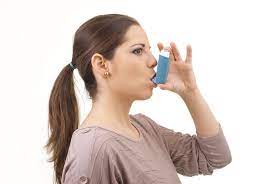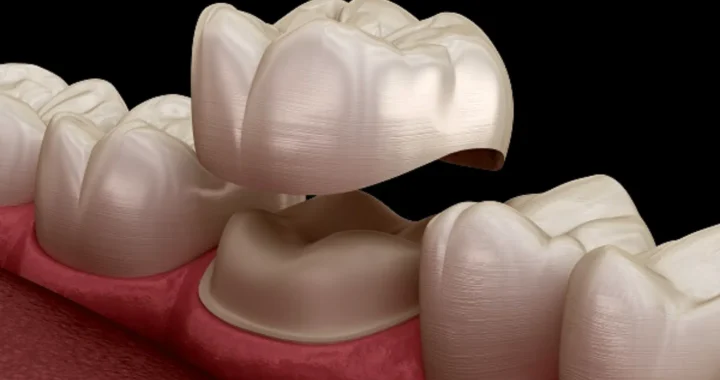What are the causes and treatments for asthma?

If you have asthma, your airways may get smaller, swell, and produce more mucus. As a result, breathing could become difficult, and you might experience coughing, wheezing when you exhale, and shortness of breath. Some people find asthma to be a minor irritation. Others may suffer from a severe problem that makes daily tasks difficult and may cause a lethal asthma attack. Even while asthma cannot be cured, its symptoms can be controlled. You should visit the doctor if you have doubts about how to cure asthma forever. You must cooperate with your doctor to monitor your signs and symptoms and modify your therapy as necessary because asthma frequently changes over time. Below mentioned are the causes and treatments for asthma:
Causes:
Why some people have asthma while others do not is a mystery to researchers. However, some elements increase the risk:
- Environmental factors:
After being exposed to items that irritate the airways, people can acquire asthma. These include allergens, poisons, gases, and second or third-hand smoke. These can be particularly dangerous for babies and young children whose immune systems are still maturing.
- Viral infection:
People might be more prone to acquire the illness if they have a history of severe viral infections in infancy, such as respiratory syncytial virus infection.
- Hygiene hypothesis:
According to this notion, babies whose immune systems aren’t exposed to enough microorganisms during their early months and years won’t have the capacity to fend off asthma and other allergy disorders.
Treatment:
Prevention and long-term management are essential to prevent asthma episodes from the beginning. The typical course of treatment entails learning to identify your triggers, taking precautions to avoid them, and monitoring your breathing to ensure that your drugs control your symptoms. You may need to use a quick-relief inhaler if your asthma flares up. There are different types of bronchial asthma treatment available.
- Medications:
Your age, symptoms, asthma triggers, and what best controls your asthma will determine the best drugs for you. Medication used for long-term prevention and control lessens the inflammation that causes swelling in your airways and causes symptoms. Breathing is restricted by enlarged airways promptly opened by quick-relief inhalers.
- Bronchial thermoplasty:
This therapy is utilized when other long-term asthma drugs or inhaled corticosteroids are ineffective at treating severe asthma. It is neither widely accessible nor suitable for everybody. Your doctor uses an electrode to heat the interior of the lungs’ airways during bronchial thermoplasty. The smooth muscle in the airways is weakened by heat. This reduces the airways’ capacity to constrict, which facilitates breathing and may lessen asthma attacks.
- Anti-inflammatory medicines:
These medications decrease your airway’s swelling and mucus production. They facilitate the entry and escape of air from your lungs. To manage or prevent your chronic asthma symptoms, your healthcare professional may prescribe these for you to take daily.
Final thoughts:
If you notice any changes in your body, you should visit the doctor in the earlier stage. Your doctor can give you daily pharmaceutical prescriptions. You should choose the best hospital for bronchial asthma treatment. You could use the drug in addition to your emergency medication.


 Innovations in Health Screenings: Exploring the Latest Technologies in Clinic Services
Innovations in Health Screenings: Exploring the Latest Technologies in Clinic Services  Dental Crowns –Restoring Strength, Function, And Aesthetics.
Dental Crowns –Restoring Strength, Function, And Aesthetics.  One-Person Wonder: Making Waves in the Massage Industry in Gunma
One-Person Wonder: Making Waves in the Massage Industry in Gunma  How Cataract Surgery in Nashville Improves Vision and Quality of Life
How Cataract Surgery in Nashville Improves Vision and Quality of Life  Maintaining Oral Health: The Role of Dentists in Richmond
Maintaining Oral Health: The Role of Dentists in Richmond  How to Choose the Best Implant Dentist in Sheffield: A Guide
How to Choose the Best Implant Dentist in Sheffield: A Guide